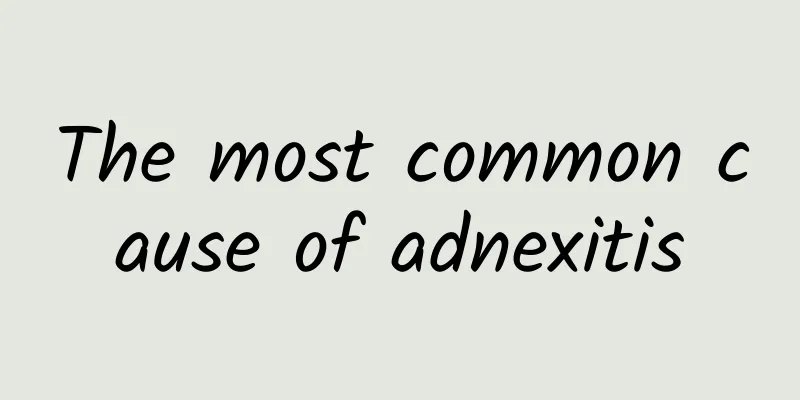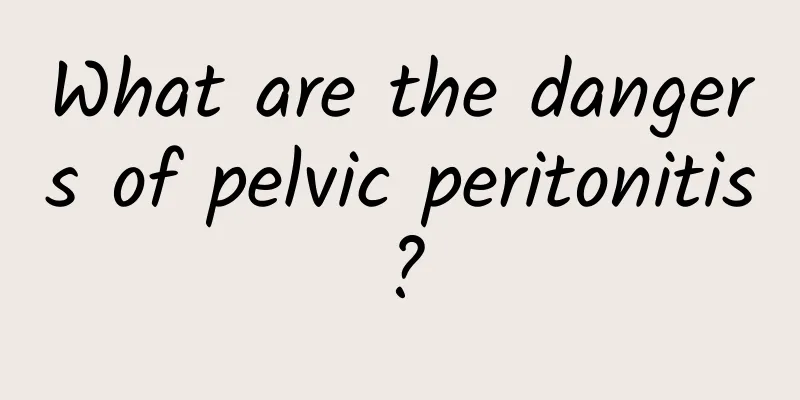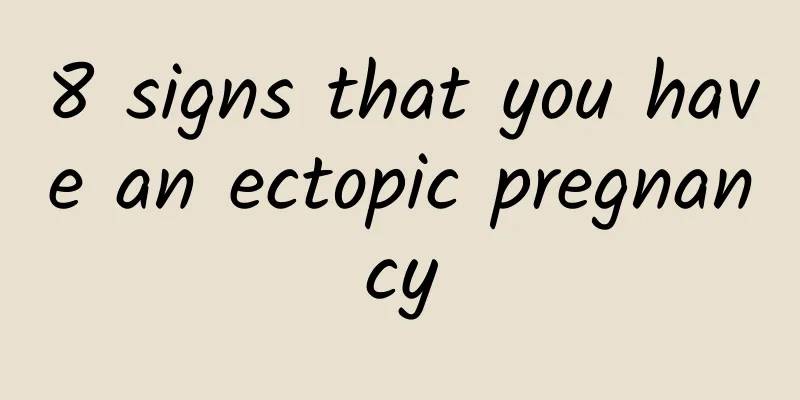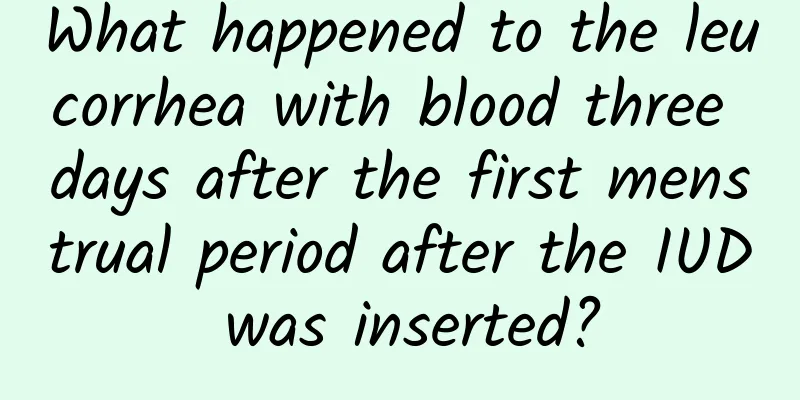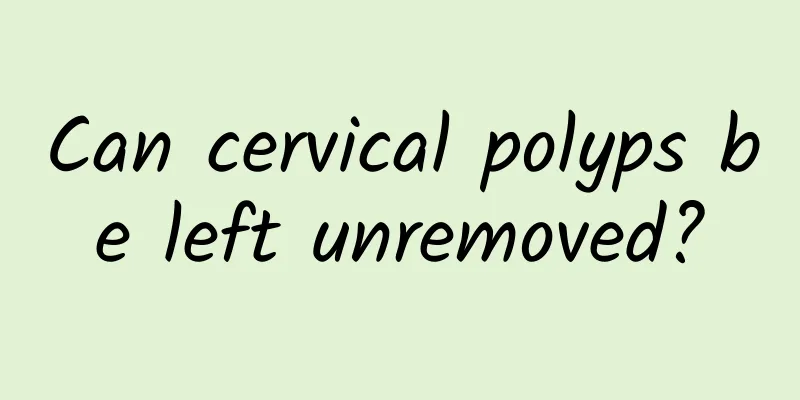What are the symptoms of left ovarian cyst
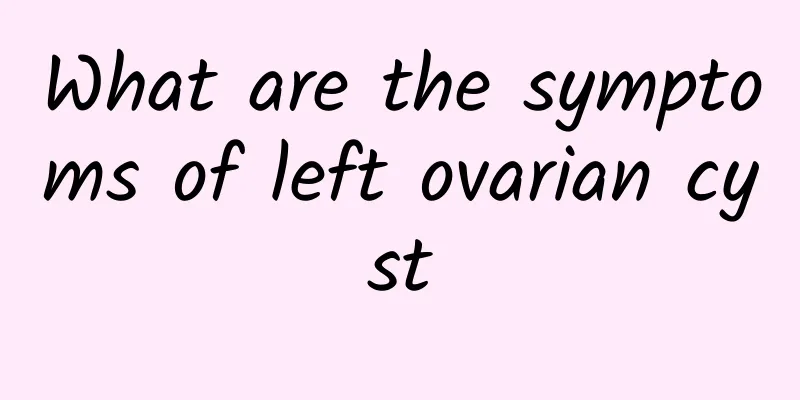
|
Symptoms of left ovarian cysts may include abdominal pain, irregular menstruation, lower abdominal mass, etc. Some symptoms are severe and require prompt medical attention. Understanding the specific manifestations can help early detection and take appropriate measures. 1. Abdominal pain and lower abdominal discomfort The most common symptom of a left ovarian cyst is abdominal pain, which is mostly concentrated in the left lower abdomen and may manifest as dull pain, distending pain, or severe stabbing pain. When the cyst is large or ruptures or becomes infected, the pain may intensify. Some people may experience nausea and vomiting, and in severe cases, abdominal discomfort may affect daily activities. If severe abdominal pain is accompanied by fever or low blood pressure, seek medical attention immediately. 2. Irregular menstruation Left ovarian cysts can affect hormone secretion and lead to menstrual cycle disorders, with common manifestations including prolonged menstruation, increased or decreased menstrual flow, irregular bleeding, etc. Some functional cysts may disappear on their own, but long-term menstrual abnormalities may indicate that the cyst is gradually increasing or there are other concomitant diseases. 3. Abdominal mass or bloating If the cyst is large, you may feel a lump in the left lower abdomen. Most of these lumps are soft and painless, but as the cyst continues to grow, you may experience significant abdominal distension and pressure, and even urinary urgency and other symptoms of difficulty urinating. Large cysts may also affect gastrointestinal function, leading to loss of appetite or constipation. 4Other symptoms In some cases, complications such as cyst rupture and pedicle torsion can cause severe symptoms, such as acute intra-abdominal hemorrhage or shock. A small number of people may experience breast tenderness, increased body hair and other disorders due to the secretion of hormones by the cyst. If you feel abdominal pain or menstrual abnormalities, you should go to the hospital as soon as possible for relevant examinations such as ultrasound examinations to determine whether there is a cyst. If confirmed, further treatment should be given according to the type of cyst and the condition, such as medication adjustment, laparoscopic surgery, or dietary support. At the same time, maintaining a healthy lifestyle can help prevent the condition from getting worse. If you experience severe abdominal pain or other critical symptoms, you need to see a doctor immediately to avoid delaying treatment. |
<<: What to eat for adnexitis cyst
>>: Are there any sequelae of uterine fibroids?
Recommend
How to treat vaginitis?
First, it is necessary to identify the type of va...
Too much weight! Easy to wear and tear the knee joints
Obesity is not only closely related to eating hab...
What is the most conservative treatment for uterine fibroids? What is the most conservative treatment for uterine fibroids?
What is the most conservative treatment for uteri...
What should I do if my period is delayed for 2 months?
What should I do if my period is delayed for 2 mo...
What should I eat after miscarriage that is good for my uterus? What should I pay attention to after miscarriage?
Environmental pollution is very serious nowadays,...
How to diagnose cervical warts?
Having cervical warts is something that many peop...
168 How to eat effectively for fasting and weight loss? Understand the effects, benefits, disadvantages and risks of weight loss at once!
168 fasting weight loss is a very popular weight ...
3 Medicinal diet improves anemia symptoms in patients with uterine fibroids
Uterine fibroids can cause irregular menstruation...
Why do symptoms of threatened miscarriage occur?
The symptoms of threatened abortion may be relate...
A brief analysis of the treatment methods for primary dysmenorrhea
As people pay more attention to women's healt...
What are the factors that induce cervical hypertrophy?
Patients with cervical hypertrophy know that ther...
How much does it cost to treat adnexitis?
The incidence of gynecological diseases in modern...
What are the symptoms of uterine fibroids?
Since the gynecological disease uterine fibroids ...
Comparison of medical and painless abortion methods
Do you know about medication and painless abortio...
Is the cost of treating uterine effusion high?
Uterine effusion is a very common gynecological d...
